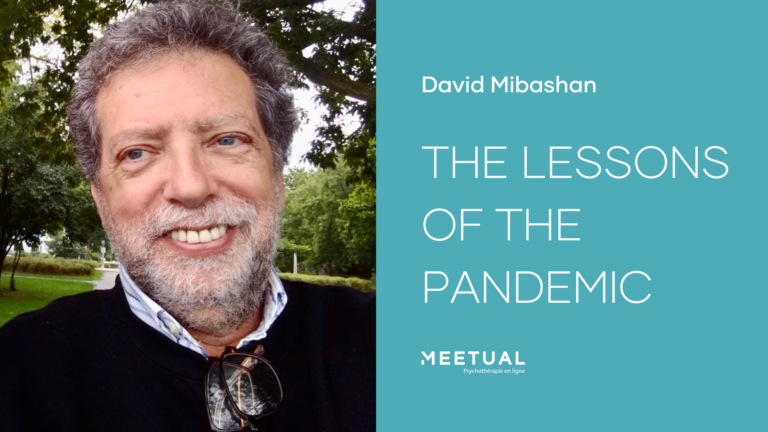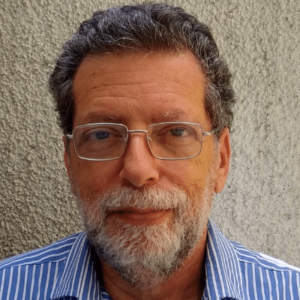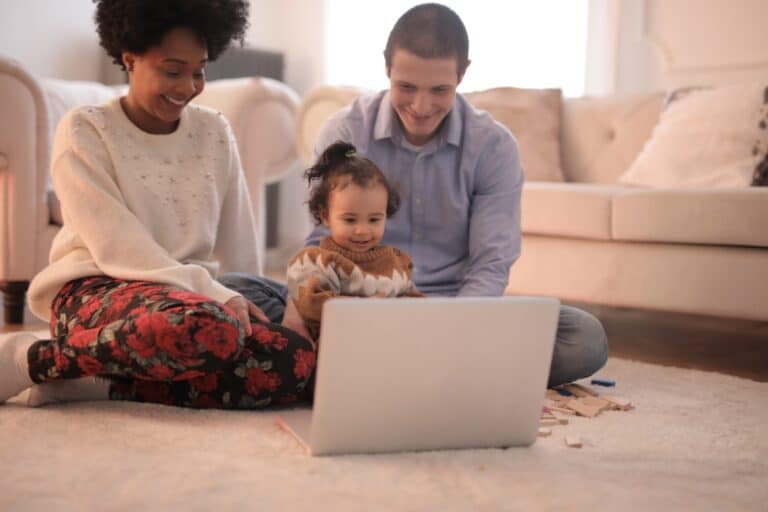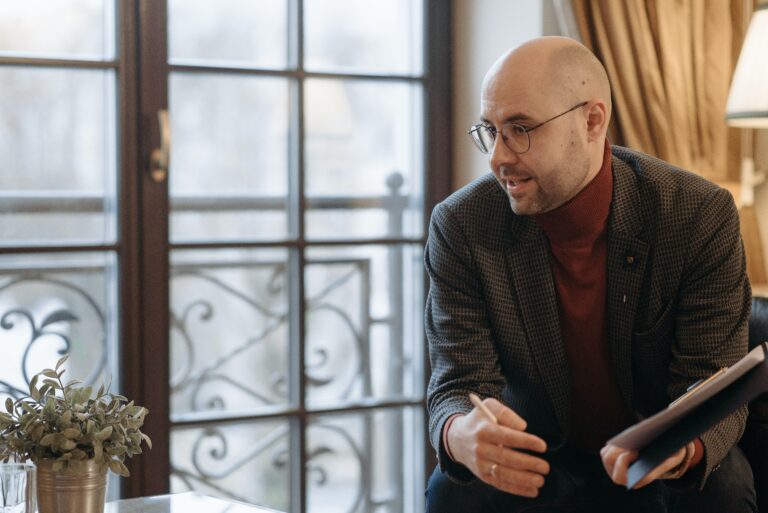Caution and adaptation
Fall is here, Winter is close and we left behind the closest approximation of what Summers used to be before the pandemic.
Although we are probably seeing the light at the end of the tunnel regarding the pandemic, returning to our previous lives involves also the “butterfly effect” where small changes in a process might develop later into large differences.
What have we learnt after transiting a long period of the Covid pandemic? From a personal perspective, I realized that we have to be cautious but we also have to accept reality. The virus does not have a mind, it does not try to improve, it just exists. And the damage to us can be great. People close to me died; some were very ill. Most of our routines were changed, disrupted, forgotten and sometimes even improved. I saw people abandon cherished projects, many resorting to original solutions to new problems. Most of our feelings, both good and bad, were amplified. Time took a new dimension. From the beginning of the pandemic to the first vaccines barely one year elapsed. However, it looked like a very long time. In the midst of a tough lock-down where I live, we managed to have a family reunion (my wife, my two daughters, myself) for about twenty minutes, on the sidewalk where one of my daughters lives. It was forbidden to go to her apartment, so we stayed outside, face masks on, not touching, no food or drink, just seeing each other and celebrating our daughter’s birthday. We had not seen them for more than two months. That celebration was the best we had in years. No presents, no visitors, no food, no small talk, just the four of us sharing news, looking at each other and realizing that we were alive and healthy.
What did I learn as a therapist?
The demand for psychological services was very high. Most of the motives for consultation were not directly related to Covid. Yes, some people came in grief or with fear of becoming ill or dying. But most of the consultations were about the clients’ lives. The pandemic, in subtle ways, led people to confront their past decisions, their present reality and their desires for the future. Clients were very willing to explore their background, the decisions they had made in the past and also something very important, the circumstances under which they had made those decisions.
The pandemic made people look at the basics and realize what things matched with the life they wanted and what things were out of place. Online therapy became the only tool to help clients and as many times in the past, out of necessity we perfect the methods and obtain an appropriate solution. I now feel much more at ease working online than face to face.
Most therapies were brief as the motivation and openness was there to facilitate the therapeutic process. Many decisions were made by clients, from small changes to large ones. Follow-ups indicate that the changes are here to stay.
Conclusion
We start to go back to our previous lives, so to speak. Many of the societal changes we witness will remain. Clear stats, understanding of the medical issues and sociological studies of the effects of the pandemic will take years to be developed. On an individual level, this phenomenon that appeared almost three years ago will be a memory hard to erase. The terrible damages caused by the pandemic are evident to all. There were also some positive things, like realizing where we are, how we got here, whether we are satisfied with our situation and what things we want to change. Many people chose to change some aspects of their lives in order to enjoy this world while we are still alive.
Book an appointment
Find out about David Mibashan’s next availability








